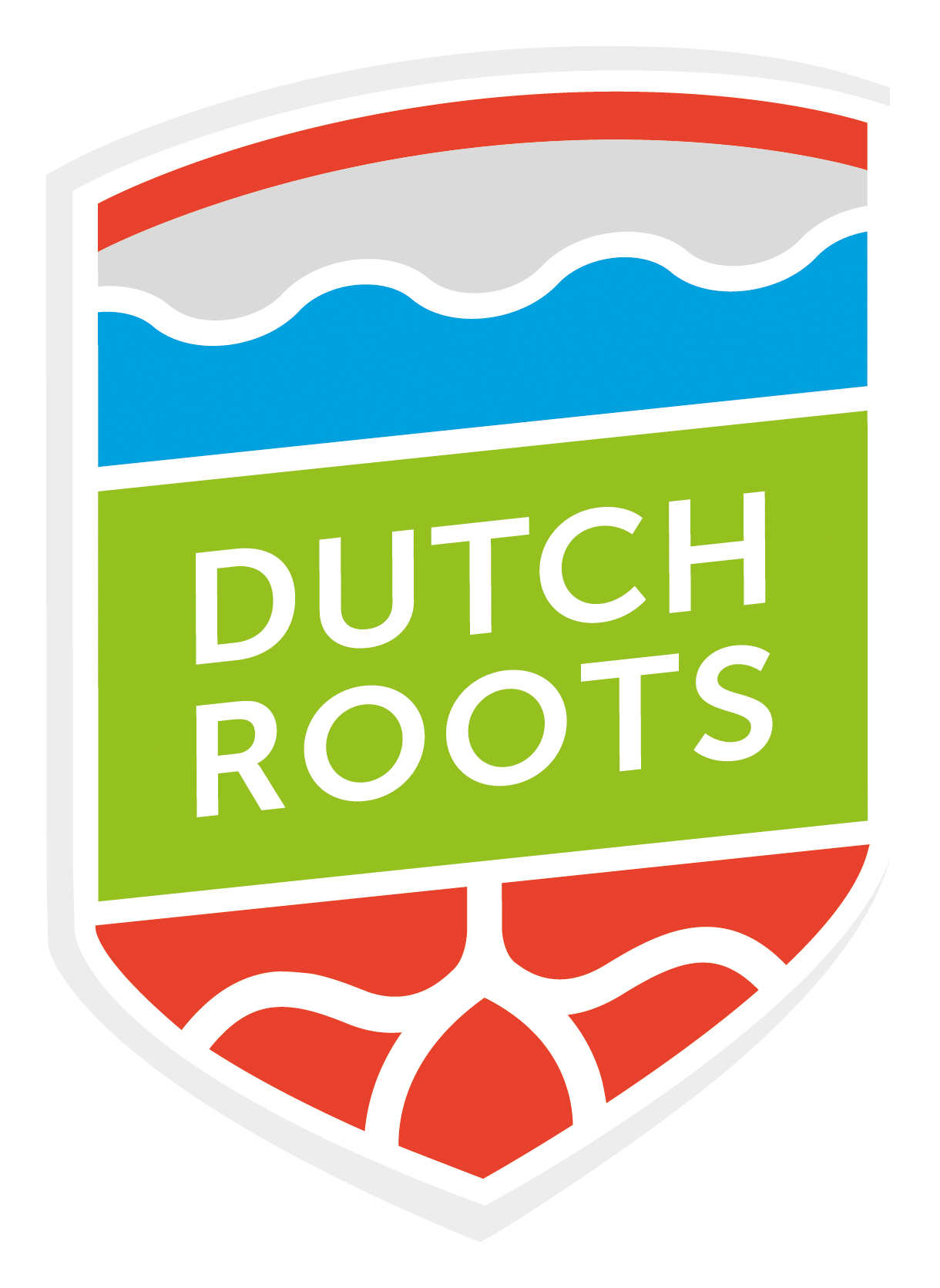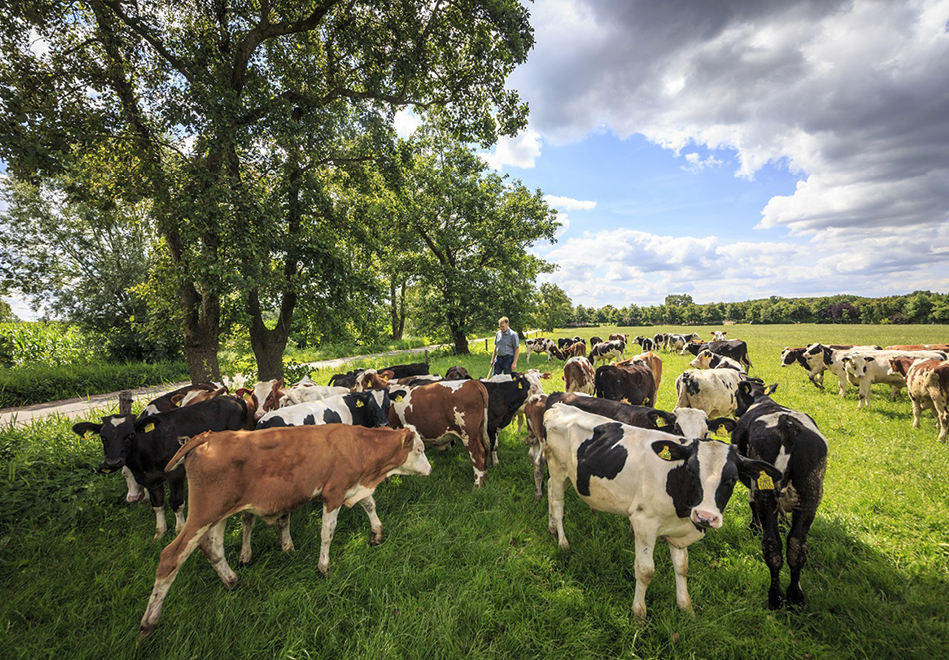Knowledge and innovation
Ede is located in the heart of Food Valley, the international top region for knowledge and innovation in the field of food production. Food Valley has always been the place where expertise in healthy, sustainable food is developed. The axis between Ede and Wageningen is the hub in developing this expertise. Beyond spatially, this axis also represents a network of businesses, government, and research institutes in the field of knowledge development, innovations and applications in relation to agri-food.
In the Iron Age, farmers in this region learned to handle the chapped moorlands by applying crop rotation to small fields, also known as Celtic fields. Now this is regarded as a traditional way of agriculture, but back then, it was particularly innovative. In Ede, innovation is tradition.
Outdoor area in transition
In the Food Valley, there is a particularly large number of poultry, pig, and calf businesses. While the number of companies is decreasing, average business size is increasing. The Food Valley is home to a lot of production for the world market. In the last ten years, the share of unique products that can be found at local and national markets is one the rise. More and more producers are adding value and succeeding in getting paid for it. Examples are Remeker Kaas, Vallei Varken, and BioMeerwaarde ei. Farmers are looking for more influence and a better position in the food chain. Together, the agricultural sector is making an effort to improve the future of farmers and has anchored this in the Manifesto of Salentein. Innovation, space for diversity, connection with society, and space for entrepreneurship are the four pillars of this programme.
A great many businesses for farmers have also emerged, including feed companies, barn builders, and barn designers. These are often parties that have customers all over the world, are leaders in what they do, and continue to innovate.
For decades, people from all over the world have been coming to Wageningen, Ede, and Barneveld to obtain knowledge at both the scientific and applied level.
This year, Vallei Boert Bewust is celebrating its first anniversary. Boert Bewust stands for a movement of farmers who clearly communicate how they work on several sustainability themes within their company. Transparency at its best. The movement is now being introduced in other regions in the Netherlands.
The protein transition offers good opportunities for entrepreneurs to reduce the footprint of their animal production, to work more circularly, and to start new business models. Probably still in 2018, a protein Expertise Centre will open its doors in the region.
Along with the many animals in the region, plenty of people live, work, and relax here as well. It is remarkable that this is going so well. In order to keep the living environment healthy and enjoyable for everyone, parties in the area are working together on a healthy living environment. Practical work is carried out to reduce livestock production-related issues, such as fine-particle emissions from barns.
Integral food policy
Ede is the first municipality in the Netherlands with a comprehensive vision on food: healthy and sustainable food for everyone. Combining food knowledge and innovation, we are strengthening our economy and society. This calls for a comprehensive approach, in which several parties and governments work together on food challenges by approaching them as a single system. One system in which economy, health, and sustainability come together.
In our policy, we encourage entrepreneurs to develop themselves in the field of innovation and sustainability. In order to stimulate a short food chain, a network has been set up, consisting of farmers and chain parties. The most important aspects are knowledge transfer, communication with inhabitants, and identifying and resolving bottlenecks in the local chains. In order to arrive at a sustainable network, we are supporting initiatives of agri-food entrepreneurs in the region.
Regionally, nationally, and internationally, Ede’s food policy is an example for other cities. We are proud of the international Milan Pact Award we received at the end of 2017 for the way that we utilise our food policy to achieve a healthy residential, work, and living environment.
Fruitful collaborations
Knowledge and innovation developments in the field of sustainable food production are further fleshed out in the Food Valley. This occurs, for example, during specific courses such as the Food minor at the Christelijke Hogeschool Ede, but also at the Ziekenhuis Gelders Vallei, the nutritional hospital of The Netherlands. Ede is investing in the knowledge and skills of new generations. Practical research is taking place at large companies like NIZO, Vika Food Ingredients, Essensor, and FrieslandCampina. This year, the Global Food Innovation Centre will set up shop in the area. Start-ups are also finding their place here. Ede is an ideal place for entrepreneurs.
In a few years, knowledge about nutrition and the experience of food will come together in the World Food Center (WFC). Here, visitors will see and experience where our food comes from, how it is produced, processed, transported, and consumed. The WFC is also a breeding ground for research institutes and the business community to try out new developments and market applications. That is what happens in Ede: theory is converted into practical results.

